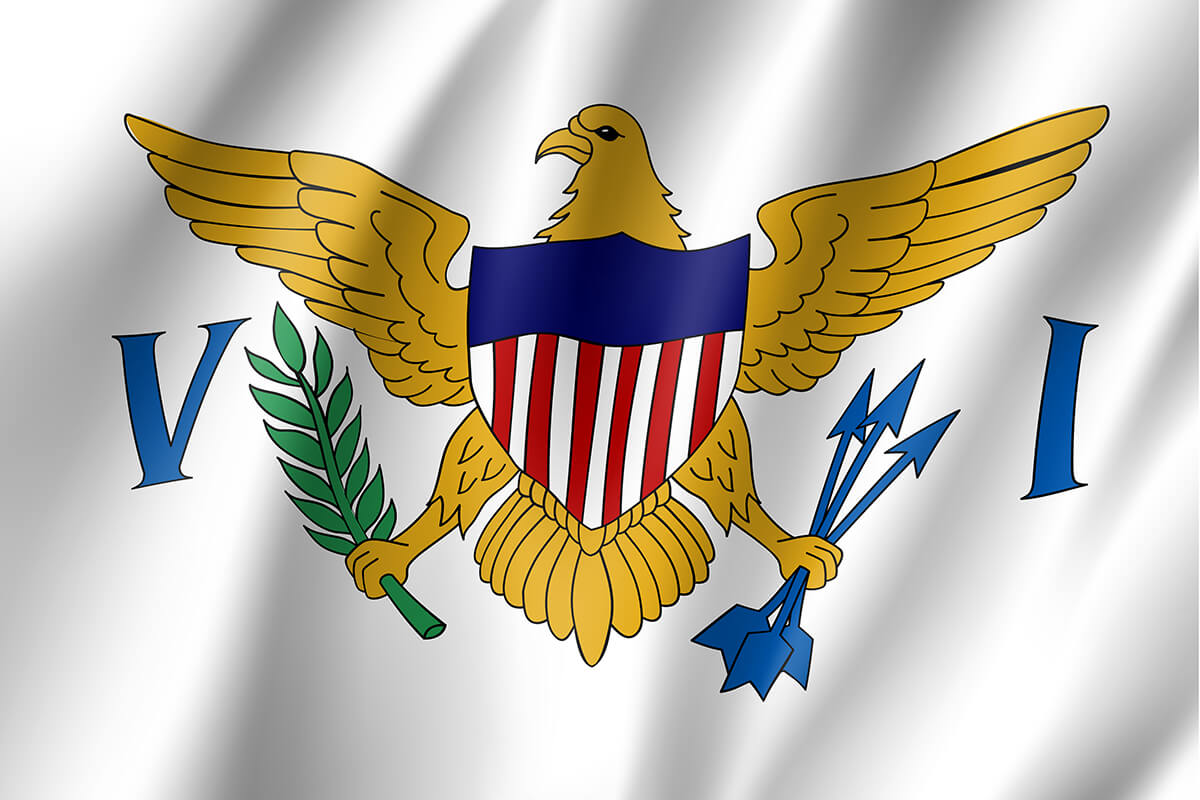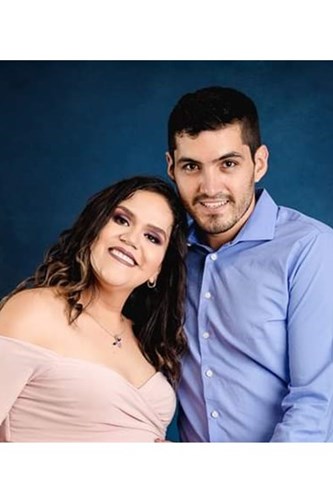
US Virgin Islands
Learning About the US Virgin Islands
The US Virgin Islands are officially known as the Virgin Islands of the United States. They are a group of Caribbean islands considered a territory of the United States and located in the Leeward Islands. The main islands belonging to this group are St. Croix, St. John, and St. Thomas. However, an additional 50 smaller islands and cays surround them.
Here, there are jewel-toned waters, rare wildlife, and welcoming residents greeting visitors with contagious smiles. The endless adventures range from kayaking tours and underwater exploration to fascinating historical sites and lounging on pristine beaches.
History of the US Virgin Islands
The original residents of the US Virgin Islands were the Caribs, Ciboney, and Arawaks. Like most Caribbean islands, the native people disappeared shortly after Christopher Columbus visited in 1493. However, Columbus and his crew weren't solely responsible for the end of these peaceful and skilled tribes. England, France, Holland, and Denmark also attempted to settle the islands.
Until 1733, the French successfully claimed St. Croix after overtaking the previous Spanish inhabitants. St. Johns and St. Thomas were colonized by Denmark. They thrived in plantation agriculture during the late 1600s and the early 1700s. Eventually, the Danish bought the third island from France, and the region became known as the Danish West Indies.
Enslaved people were forced to work long and exhausting days on the plantations. Thousands of enslaved people were set free at the rebellion in St. Croix, but far more remained the colonists' property. Finally, slavery was abolished in 1848. Following this turning point in the islands' history was a collapse of the fragile economy. The next few years were a challenging time for the islands' residents, characterized by several devastating natural disasters and a struggling economy.
In 1917, the USA purchased St. Croix, St. John, and St. Thomas, which became the US Virgin Islands. The United States improved the declining economy by establishing a tourism industry, which wasn't too difficult with all the islands offered to visitors. Today, the US Virgin Islands is known worldwide as a famous vacation destination.
Culture in the US Virgin Islands
The unique culture of the US Virgin Islands is a beautiful blend of Caribbean and American customs, events, values, and arts. For instance, the music you may hear at restaurants and other establishments could be anything from reggae and calypso to blues and American pop.
The friendly people in the US Virgin Islands are primarily of African or European descent. However, you'll quickly observe that the diverse population comprises Americans, Hispanics, and people from modern-day Europe, too. Most residents speak, write, and read-only English with a distinctive accent.
A significant part of the culture in the US Virgin Islands is the people's dedication to religions, like Baptist and Catholic Christianity. But they also mix traditional Caribbean values into their practice, like superstitions and stories passed from generation to generation.
The cuisine for these islands is primarily based on seafood, like many other Caribbean nations. If you're taking a trip to this stunning destination, enjoy the national dish, Fish and Fungi. This unique combination of foods dates back to when Denmark ruled the lands. Hefty portions of fish are served with tender dumplings made from salted cornmeal, shortening, and water.It’s a culinary adventure you’ll not soon forget.
CITED: Wikipedia.org, Visitusvi.com, Vinow.com













